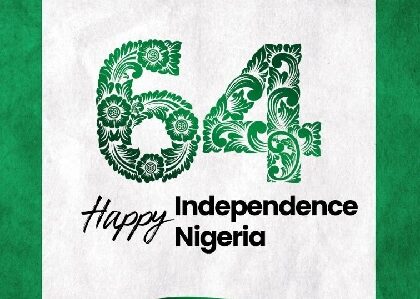The recent face off between the Minister of the Federal Capital Territory, Nyesom Wike, and a Navy officer over a disputed piece of land in Abuja offers more than a moment of public drama. It exposes a deep moral and institutional crisis at the heart of governance in Nigeria.
Both men represent legitimate state authority. Yet in this case, both acted outside the law. The Minister, while enforcing the Land Use Act, reportedly ordered demolition or repossession without a court order. The Navy officer, on his part, illegally occupied and defended a private property, using state power for personal protection.
It became a clash not between law and illegality, but between two illegal actions by two legitimate authorities.
When Law Collapses, Legitimacy Takes Over
Wike’s authority comes from his constitutional role as FCT Minister. The naval officer’s authority stems from his service to the nation. But when both use their offices unlawfully, law loses its supremacy, and the contest shifts to moral legitimacy, who appears to be acting in the public interest.
In such moments, it is not the courts but public perception that decides who seems “right.” The rule of law gives way to the rule of sentiment, and the people’s sympathy becomes the temporary judge.
The Breakdown of Institutional Boundaries
This incident is not just about Wike or the Navy. It highlights a larger failure of Nigeria’s institutions. When a minister enforces laws without judicial backing, and a naval officer takes up civil defense outside his mandate, institutions collapse into personalities.
The absence of proper coordination among the police, judiciary, and civil administration shows how fragile Nigeria’s system of checks and balances has become. Once this boundary breaks, authority is no longer guided by law, but by the force of personality and access to power.
When two legitimate authorities act illegally, the state loses its moral anchor.
In such cases, Power decides who wins in the moment, Perception decides who wins public sympathy and History decides who was truly right.
That is the tragedy of governance without institutional discipline, where rank replaces rule, and power replaces principle.
Nigeria must draw clear lessons from this incident.
No authority is above the law. Ministers, military officers, and all public officials must act within legal limits.
The Land Use Act must be enforced through judicial due process, not executive command.
Security agencies must be retrained to respect civil authority and avoid involvement in private disputes.
Until these principles are restored, Nigeria will continue to witness situations where legitimate authorities behave unlawfully, leaving citizens caught between two wrongs.
In the End
When two illegal actions meet, law is suspended and only moral legitimacy remains.
The real question is not who holds power, but who uses it rightly. True legitimacy is not in the office one holds, but in the justice one upholds.
Abdulrazaq Hamzat is the Executive Director of PeacePro





